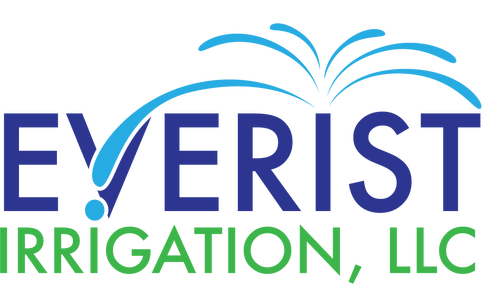The Role of Soil Type, Climate, and Irrigation Scheduling in Residential Irrigation Design and Planning
The type of soil in your yard, the climate in your area, and the irrigation scheduling are all critical factors to consider when designing and planning your residential irrigation system. Understanding these elements can help you make informed decisions about the type of irrigation system you need and how to use it effectively.
Soil Type
The type of soil in your yard can greatly impact the effectiveness of your irrigation system. Different soil types have different water-retention capabilities, and understanding these capabilities can help you determine the right amount of water to apply to your lawn and garden. For example, sandy soils have poor water retention and require more frequent watering, while clay soils have better water retention but can become waterlogged if over-watered.
Climate
The climate in your area can also impact the design and planning of your residential irrigation system. In areas with high temperatures and low rainfall, you may need a more sophisticated irrigation system to help conserve water and prevent your lawn and garden from becoming stressed. On the other hand, in areas with moderate temperatures and higher rainfall, a simpler irrigation system may suffice.
Irrigation Scheduling
In coordination with soil type and climate, it's important to schedule your irrigation in a way that maximizes its effectiveness. This may mean watering your lawn and garden in the early morning or late evening to avoid water evaporation, or adjusting the frequency of watering based on the type of soil and the climate in your area.
Tips for Irrigation Design and Planning
Here are some tips to help you take soil type, climate, and irrigation scheduling into consideration when designing and planning your residential irrigation system:
- Get a soil test: A soil test can help you determine the water-retention capabilities of your soil, and can inform the design and planning of your irrigation system.
- Consider the climate: Take the climate in your area into consideration when selecting the type of irrigation system you need and how often you should water your lawn and garden.
- Choose the right system: Based on the soil type and climate in your area, choose an irrigation system that meets your needs and can effectively water your lawn and garden.
- Schedule regular maintenance: Regular maintenance is essential to ensure that your irrigation system is functioning optimally and conserving water.
- Coordinate irrigation scheduling with soil type and climate: Schedule your irrigation to take soil type, climate, and other environmental conditions into consideration, to maximize its effectiveness and conserve water.
In conclusion, soil type, climate, and irrigation scheduling are all critical elements to consider when designing and planning your residential irrigation system. By understanding these factors and taking them into consideration, you can create an effective and sustainable irrigation system that provides for the needs of your lawn and garden.
Looking for something? Search here!
Categories
Recent
Understanding the Various Water Sources for Residential Irrigation Systems
February 13th, 2023
The Role of Soil Type, Climate, and Irrigation Scheduling in Residential Irrigation Design and Planning
February 13th, 2023
FAQ's about Winterizations:
October 7th, 2022
The Ony 2 Reasons You Should Ever Consider Installing a Sprinkler System
February 9th, 2021
What is a Man-Hour? [Explained]
January 24th, 2020
Archive
2023
2022
October
2020
January
2019
